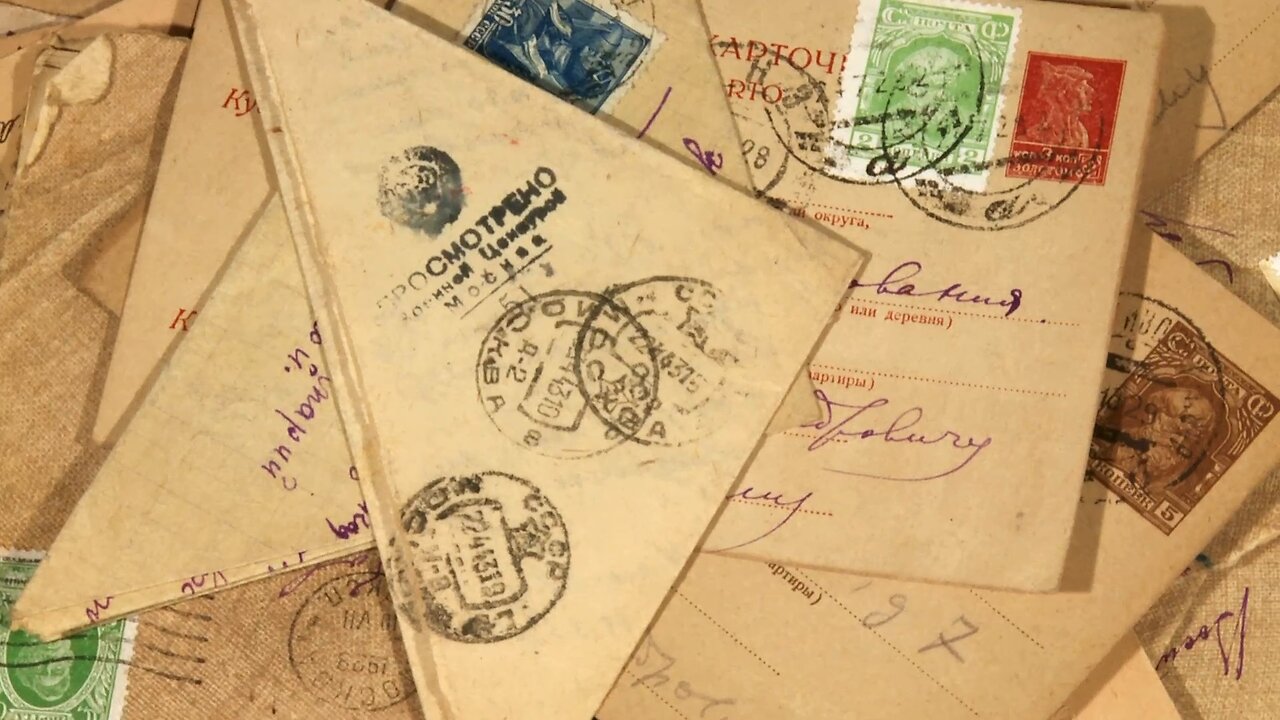Premium Only Content

The Nostalgia Effect: A Love Letter to the Good Ol' Days (which Weren't That Great)
#ThrowbackThursday #NostalgiaTrip #BackInTheDay
#GoodOldDays #ChildhoodMemories #RetroVibes
#90sNostalgia #BlastFromThePast #MemoryLane #Y2KFeels
#VinylRevival #TamagotchiTime
#OldSchoolCool #NostalgicFeels
#MemoriesMade #RetroGaming
#ClassicTV #NostalgicMoments
#RewindTime #FashionFlashback
nostalgia. That perfectly human tendency to gaze longingly at the past through rose-tinted glasses while completely ignoring the cracked lenses. The nostalgia effect is, in essence, our brain's way of tricking us into believing that everything was better back in the day. You know, back when we had dial-up internet, Tamagotchis, and the very real threat of Y2K. Oh, those were the days!
Let’s start with the undeniable fact that nostalgia is a universal experience. Everyone has that one friend who insists music was better in the '90s, even though they were born in 1998. Let's not forget the irony here: these are the same people who will defend the Backstreet Boys to the death but couldn't name a single member of the band. It's almost as if our memories are curated by a wistful, whimsical librarian who prefers fiction over fact.
Nostalgia has a way of making us believe that our childhoods were halcyon days of pure joy and freedom. Remember summer vacations? Long, lazy days filled with endless possibilities. In reality, those were the days when you were bored out of your mind, your Mom was constantly yelling at you to go outside, and you were convinced that if you didn’t check in with your Neopets every hour, they’d starve. But sure, let’s romanticize the era when our biggest achievement was not killing a digital pet.
The phenomenon of nostalgia is particularly evident in the realm of technology. Take the resurgence of vinyl records, for example. Hipsters everywhere are lauding the 'warmth' and 'authenticity' of vinyl, conveniently forgetting that records are inconvenient, scratch easily, and take up way too much space. But let's not get into the specifics—why bother with practicality when you can have a record player that doubles as a stylish piece of furniture? After all, nothing screams modern sophistication like a gadget that peaked in popularity when your grandparents were teenagers.
Similarly, consider the resurgence of retro video games. Sure, playing Super Mario Bros. on an 8-bit console sounds like a blast until you realize that modern games have spoiled you with save points, stunning graphics, and controllers that don't require the dexterity of a concert pianist. But no, let’s wax poetic about the good ol’ days when you had to blow into cartridges to make them work. Oh, the pure, unadulterated magic of it all!
Television and movies are not immune to the nostalgia effect, either. Hollywood has become a recycling plant for old ideas, churning out remakes, reboots, and sequels like there's no tomorrow. Remember when they remade "The Lion King" with hyper-realistic CGI? Nothing says nostalgia like replacing beloved hand-drawn animation with lifelike animals that somehow have less emotion than their animated counterparts. But hey, at least we got Beyoncé as Nala, right? And who could forget the countless "reimagined" versions of classic sitcoms? Because nothing says 'fresh and innovative' like regurgitating a plot that was already tired 30 years ago.
But let’s not be too harsh on nostalgia. After all, it has its perks. It’s a fantastic coping mechanism for dealing with the harsh realities of the present. When faced with the chaos of modern life, it’s comforting to retreat into a past that feels simpler and safer—even if that past is a heavily edited version of reality. Nostalgia can bring people together, too. There’s nothing like bonding over shared memories of terrible fashion choices, questionable hairstyles, and the inexplicable popularity of boy bands.
Moreover, the nostalgia effect can be a powerful marketing tool. Brands have long since discovered that if they slap a retro label on something, people will buy it—whether it's classic Coca-Cola cans or limited-edition Pokémon cards. Nostalgia sells because it taps into our deep-seated desire for comfort and familiarity. It’s like wrapping yourself in a warm, fuzzy blanket of selective memory.
In conclusion, the nostalgia effect is a fascinating blend of self-deception and sentimentality. It’s our brain’s way of taking a mediocre past and turning it into a golden age. It’s why we cling to outdated technologies, rewatch old TV shows, and get excited about remakes of movies that were perfectly fine the first time around. So, the next time you find yourself yearning for the 'simpler' times, just remember: those times were probably just as complicated, if not more so, than today. But hey, if reminiscing about the past makes you happy, who am I to argue? Just don’t forget to feed your Tamagotchi.
-
 LIVE
LIVE
Phyxicx
10 hours agoFortnite/Rocket League Teams! - 12/3/2024
1,652 watching -
 1:30:14
1:30:14
barstoolsports
14 hours agoBarstool Coworkers Compete For Largest Cash Prize Yet | Surviving Barstool S4 Ep. 1
261K19 -
 LIVE
LIVE
SpartakusLIVE
9 hours agoMy BICEPS are NOT photoshopped
2,736 watching -
 1:15:26
1:15:26
Kim Iversen
10 hours agoFinal House COVID-19 Report: Claims Vaccines Were A Disaster But Operation Warp Speed Was a Success...
69.9K116 -
 1:14:19
1:14:19
The Anthony Rogers Show
13 hours agoEpisode 248 - Light Language & Intergalactic Gifts In The Higher Realms
52K6 -
 2:38:12
2:38:12
Tundra Gaming Live
8 hours ago $3.26 earnedThe Worlds Okayest War Thunder Stream
37K1 -
 10:57
10:57
Tactical Advisor
12 hours agoNEW Compact Echelon | Springfield 4.0 C (FIRST LOOK)
72.3K1 -
 1:23:56
1:23:56
Glenn Greenwald
12 hours agoBiden Pardons Hunter After Months Of Vowing He Wouldn't; Plus: Biden's Career Imprisoning Crack Addicts | SYSTEM UPDATE #374
130K134 -
 1:28:16
1:28:16
Barry Cunningham
8 hours agoBANNED ON YOUTUBE SERIES: Inside The Border Crisis! Barry Cunningham Interview With Border Agent
62.4K87 -
 2:18:59
2:18:59
WeAreChange
10 hours agoCOUP ATTEMPT?! Dems Trying To Usurp Control Of Military In Move Against Trump
120K36